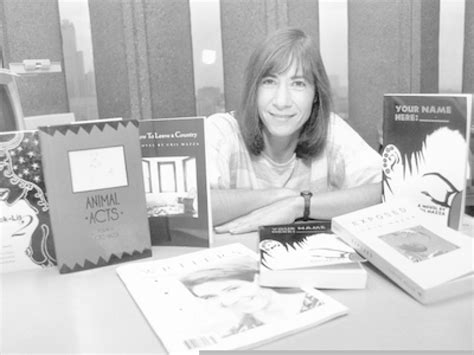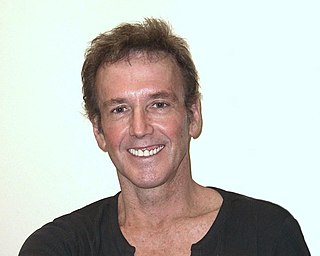A Quote by Christina Baker Kline
I never want to feel constrained by writing a novel for a specific audience.
Related Quotes
Objectifying your own novel while writing it never really helps. Instead, I guess while you're writing you need to think: This is the novel I want to write. And when you're done you need to think: This is what the novel I wanted to write feels like and reads like and looks like. Other people might call it sweeping or small, but it's the book you chose.
Anthropological fieldwork is so much like writing a novel. Granted, you don't have the physical disruption and disorientation, but writing a novel is like entering a new culture. You don't know what the hell is going on. And every day you feel like you have nothing, you're going nowhere. Or you feel that first it's going somewhere, but then you get into that horrible middle part.
If I'm writing a novel, I'll probably get up in the morning, do email, perhaps blog, deal with emergencies, and then be off novel-writing around 1.00pm and stop around 6.00pm. And I'll be writing in longhand, a safe distance from my computer. If I'm not writing a novel, there is no schedule, and scripts and introductions and whatnot can find themselves being written at any time and on anything.
I have a process that I seem to always, to some degree, as a writer, adhere to, but I certainly have never imposed the way I write a novel on my students. When I had students, I never said, "You should never start writing a novel until you have the last sentence." I never did that, and I wouldn't do it now, but people now seem so interested in the process [of writing fiction] that I have to constantly make it clear when I describe mine that I'm not being prescriptive. I'm not proselytizing.





































